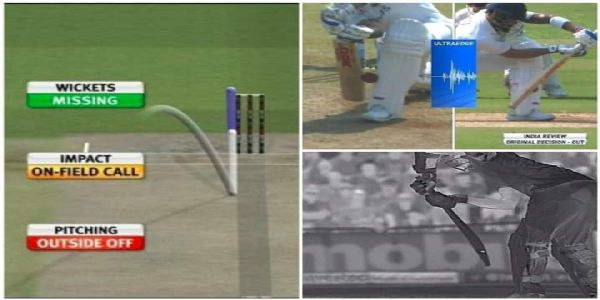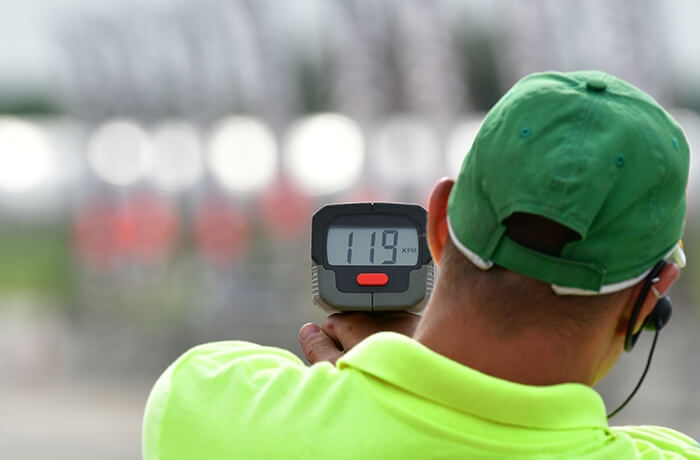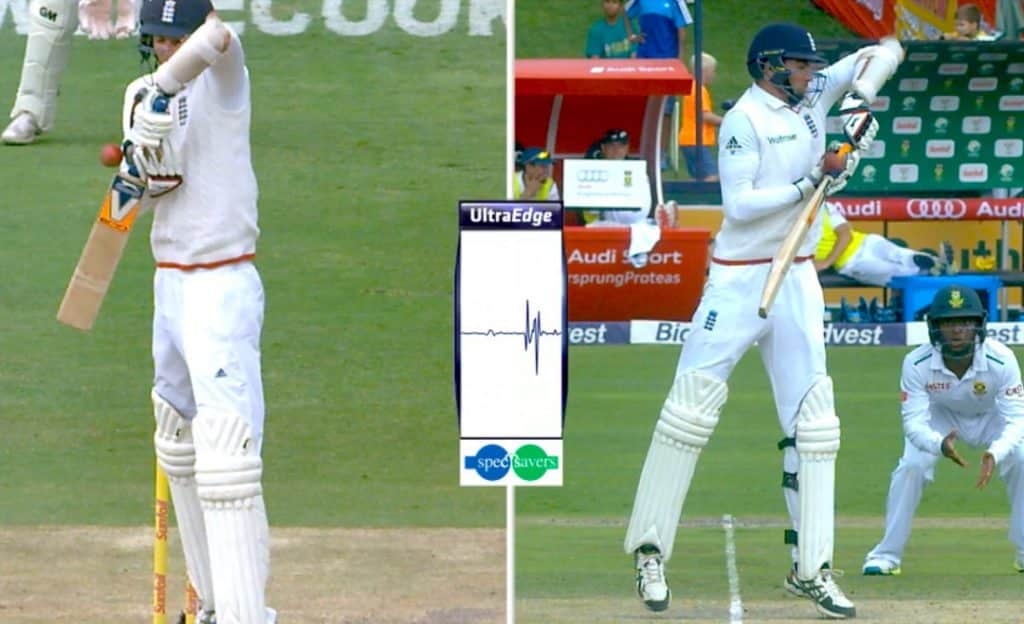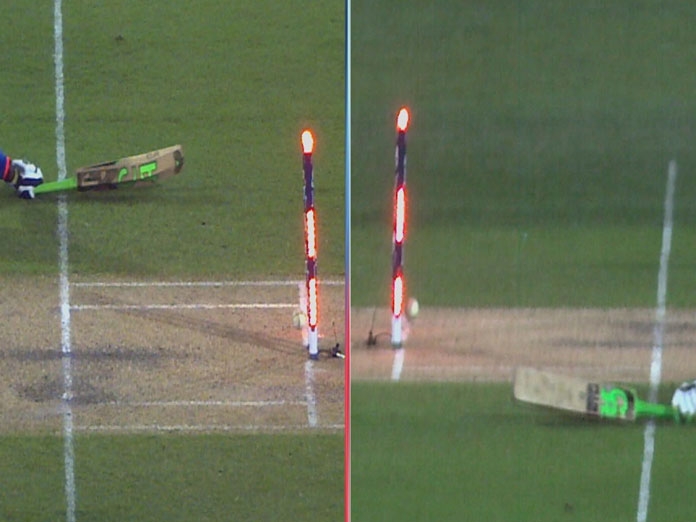National Technology Day: 7 technology in cricket that have been boon and bane
Here is a list of such technology in cricket which either recently or over time have revolutionized the experience of Cricket or created controversies!
Total Views |
Different sports technologies in cricket assist the sportspersons to improve themselves as it helps them concentrate on the domains where they need to improve. Technology also helps the skippers and leaders in devising different tactics. It has made life easier for the umpires to make accurate decisions.
Here is a list of such technology in cricket which either recently or over time have revolutionized the experience of Cricket or created controversies!

1. Speed Gun: A device which helps in calculating the speed of the ball bowled by a bowler. The software is a crucial part of the speed gun. It examines the speed, coming through the radar, processes the data, and then calculates the final speed. It was discovered in 1947 by "John Baker". Speed gun works on the principle of Doppler Effect. This Speed Gun has a receiver and a transmitter.

Shoaib Akhtar of Pakistan was the fastest bowler who threw the ball at the speed of the 161 km/hour.
2. Hawkeye: Hawk-Eye technology, part of the Umpire Decision Review System, is a complex computer system used to visually track the trajectory of the cricket ball. The technology uses several cameras placed around the ground to create a 3-D image which shows how the ball will travel after it has hit the batsman. Hawk-Eye finds its main use in reviewing LBW decisions.
3. Snickometer-Ultra Edge: A very significant and controversial software, which is also known as “Snicko” in the cricket dialect. It was invented by Allan Plaskett to serve the umpires in detecting the edge and the preceding caught behind the wickets. It produces a disturbance in the graph when the surface of the ball touches the bat or any other part of the batsman. Apart from this, it uses a microphone, placed near the stumps, to detect the sound of the hit and determine the surface of the impact. The shape of the frequency helps the third umpire in making a conclusive decision.

4. Hotspot: Another recent development in cricket technological assets is the HotSpot implementation. But it came into play after the Snickometer was reportedly considered not accurate enough. Using an advanced infrared detection system to detect the heat signature of the ball’s impact, the HotSpot is substantially helpful in judging the slightest edges and close bat-pad LBW shouts. It uses the camera on both ends of the ground and provides information based on the heat friction generated by a collision. Although it provides highly accurate results, the technology is not widely implemented in Cricket due to the expensive and sensitive equipment and setup.
5. Stump Mic: In order to provide a more in-depth experience to the viewers, the Stump Mic & Camera are utilized to closely broadcast the batsman's view on the pitch. The camera is vertically aligned in the hollow middle stump through a small window on the side of the stump via a mirror. While the mic is also attached to the middle stump and used to receive the sound waves and helps the umpire whilst taking decisions when the batsman nicks the ball.

6. Decision Review System: The Decision Review System, formerly known as the Umpire Decision Review System, is a technology-based system used in cricket to assist the match officials in their decision-making.
7. Sportswear and Equipment: Several improvements have taken place in sportswear and cricketing equipment technology over the last few years which includes the helmet design, the materials use, size and weight of bats, thickness and weight of pads and gloves with a little change in regards to the ball, hats, etc.
Moreover, chips are installed in the bats and balls so as to measure the angle, the bat speed, swing, and seam for various analysis purposes. These chips are inserted in the handles of the bat to study the motion of the bat while hitting the ball. These are exclusively designed to bestow complete versatility and ease to play.
Though these technologies have been improved to get results whenever in dilemma, it has also created controversies.

